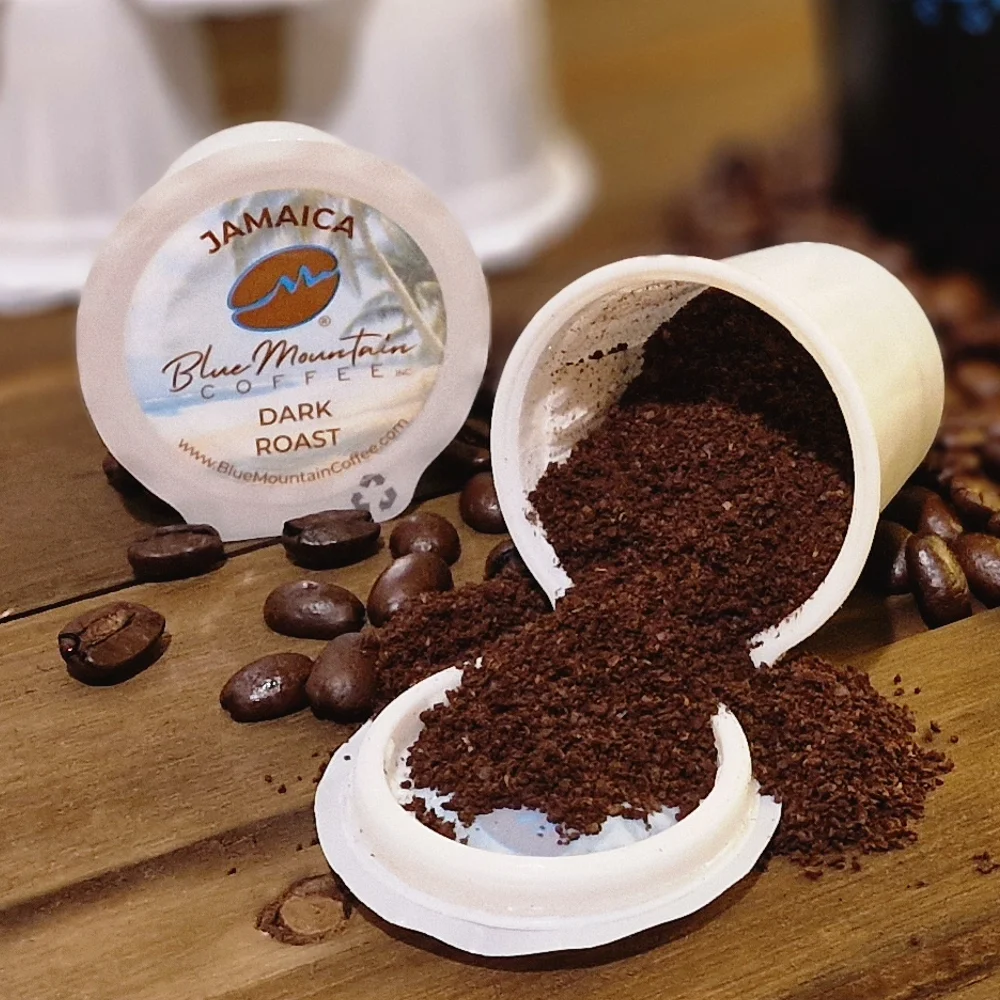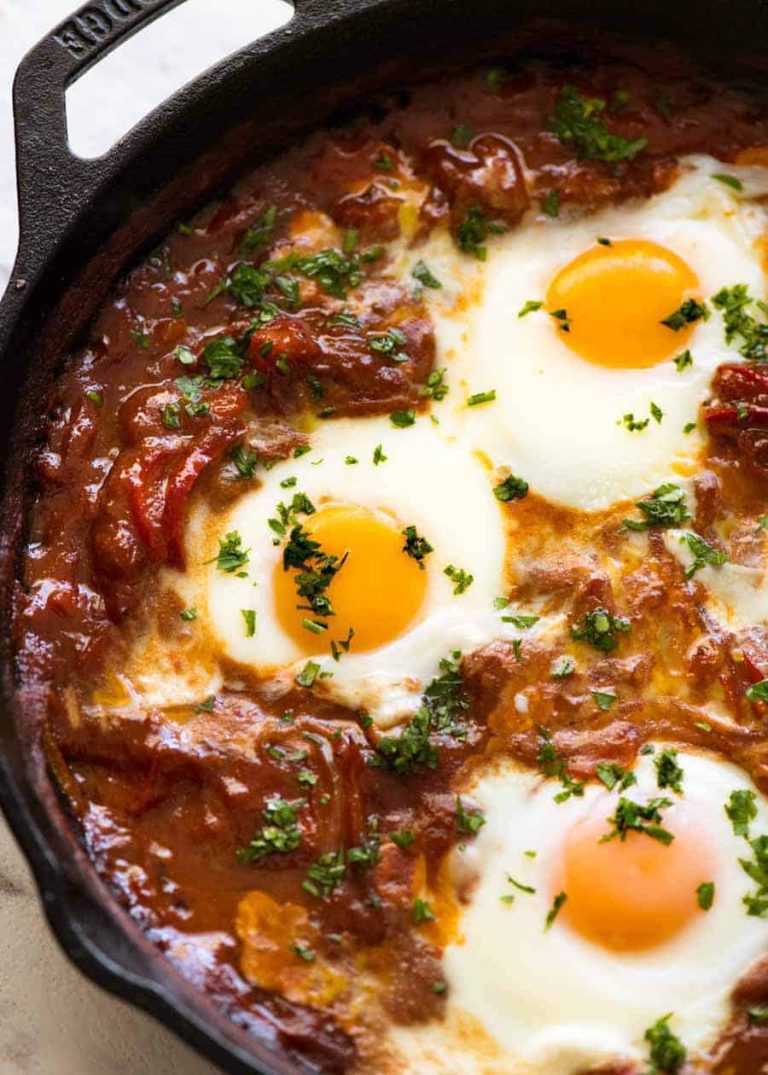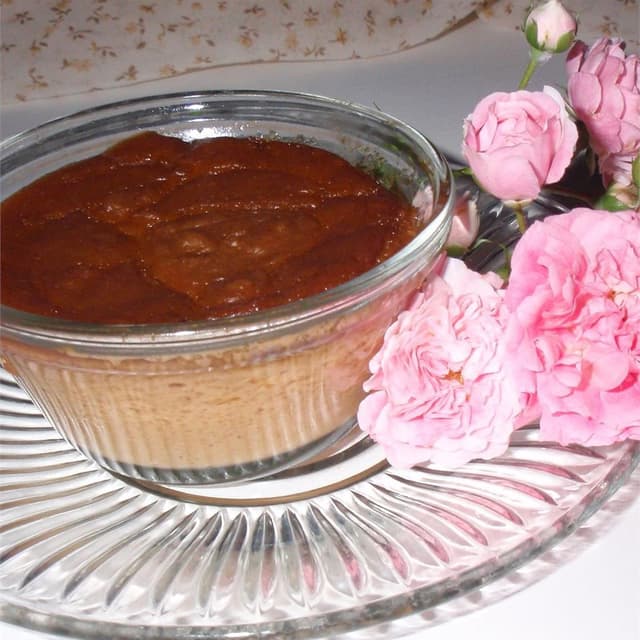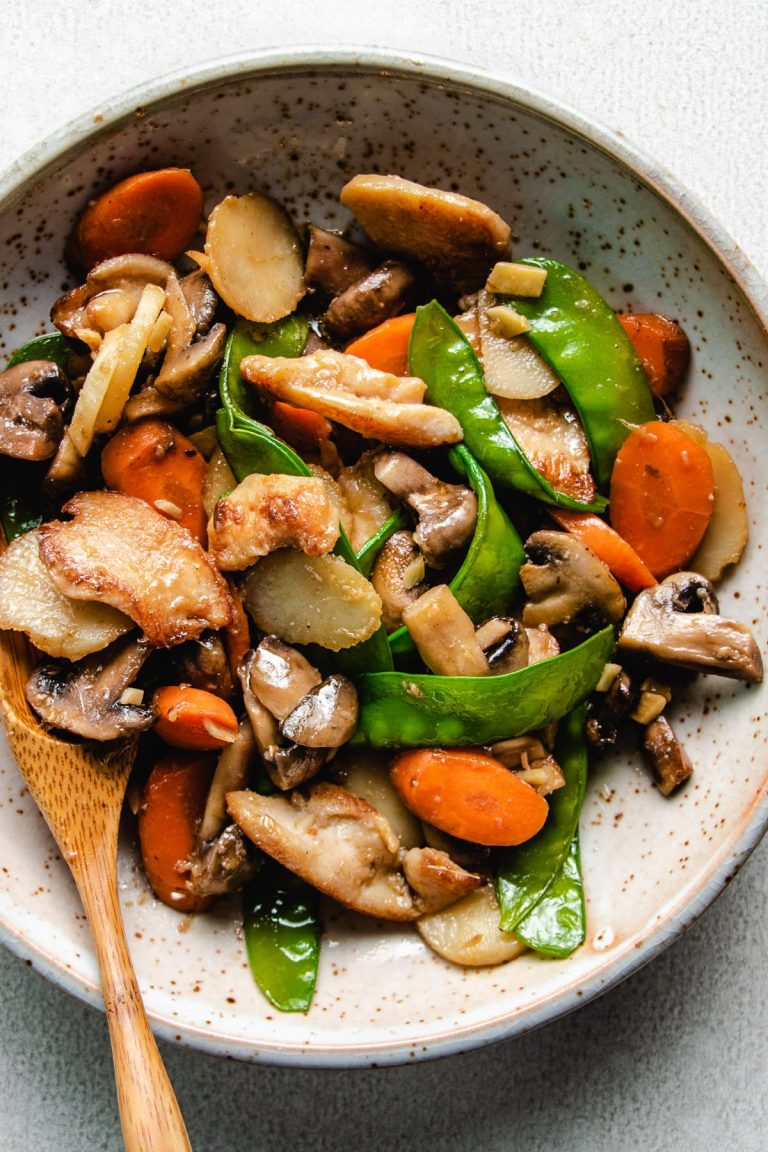Jamaica Coffee: A Guide to Blue Mountain and Beyond
Jamaica coffee traces its roots back to 1728 when Governor Sir Nicholas Lawes brought coffee plants to the island. These plants thrived in the Blue Mountains, an area known for its ideal growing conditions. The rich volcanic soil, coupled with frequent mists and cool temperatures, created the perfect environment for coffee cultivation. Over the centuries, coffee from this region has maintained its reputation for high quality and unique characteristics.
Distinctive Flavor Profile
Jamaica coffee, particularly from the Blue Mountain region, features a smooth, well-balanced flavor. You’ll notice hints of chocolate, nuts, and faint fruit undertones in each sip. The coffee’s low acidity makes it gentle on the palate, setting it apart from more robust, acidic varieties. This distinctive profile results from the meticulous hand-picking and traditional wet processing methods used, ensuring only the finest cherries contribute to the final product.
Growing Regions of Jamaica Coffee
Blue Mountain Coffee
Blue Mountain Coffee grows in the Blue Mountains, a range that stretches across four parishes in Jamaica: Saint Andrew, Saint Thomas, Portland, and Saint Mary. These elevations (2,000-5,000 feet) create the ideal conditions for cultivation. If you’re looking for the premium quality, focus on the certified Blue Mountain region. This area produces beans renowned for their exquisite balance, mild flavor, and creamy body, resulting from the mist-shrouded peaks, cool temperatures, and volcanic soil.
High Mountain Coffee
High Mountain Coffee comes from regions above 2,000 feet but below 3,000 feet in the central and western parts of Jamaica. This coffee shares some characteristics with Blue Mountain Coffee due to similar growing conditions, though at slightly lower altitudes. If you explore coffee from areas like Manchester, Clarendon, and St. Elizabeth, you’ll find beans with a bright acidity and robust taste. These regions also benefit from fertile soil and favorable climates, supporting the growth of high-quality coffee cherries.
Processing Techniques
Traditional Methods
Jamaica coffee often involves traditional methods that preserve the unique flavor profile of the beans. Sun drying under the Jamaican sun helps lock in natural sugars, enhancing the sweetness and complexity of the coffee. After harvesting, farmers handpick the coffee cherries to ensure only the ripest ones are processed. Following the sorting phase, the cherries ferment in water for up to 48 hours, a step critical for developing rich flavors. Finally, beans are washed, fermented again, then set out to dry on raised beds.
Modern Innovations
Modern innovations enhance the efficiency and consistency of Jamaica coffee processing. Wet milling is the most popular modern technique, using water channels to separate beans by density, ensuring uniform quality. Advanced machinery automates sorting and pulping, reducing labor and increasing throughput. Temperature-controlled fermentation tanks offer precise control over the fermentation process, leading to more consistent flavors. Finally, mechanical dryers speed up the drying phase, reducing the risk of spoilage from unpredictable weather conditions.
Health Benefits of Jamaica Coffee
Jamaica coffee, particularly from the Blue Mountain region, offers numerous health benefits. The beans contain antioxidants, which help combat oxidative stress and inflammation in your body. Antioxidants can reduce the risk of chronic diseases like heart disease and cancer.
Consuming Jamaica coffee can improve brain function. The caffeine in Blue Mountain coffee enhances concentration, memory, and mental clarity. It also increases dopamine levels, potentially elevating your mood and reducing the risk of depression.
Rich in essential nutrients, Jamaica coffee includes vitamins B2 (riboflavin), B3 (niacin), and B5 (pantothenic acid). These vitamins support various bodily functions, including energy production, nervous system health, and maintaining good skin health.
Jamaica coffee also aids in weight management. The caffeine boosts your metabolic rate by up to 11%, aiding fat burning and increasing energy expenditure. Drinking this coffee before physical activity can enhance your exercise performance.
The antimicrobial properties in Jamaica coffee contribute to oral health. Compounds in the coffee can reduce the growth of harmful bacteria in your mouth, helping to prevent dental problems such as cavities and gum disease.
Moderate consumption of Jamaica coffee supports liver health. Studies show that coffee drinkers have a lower risk of liver conditions such as fibrosis, cirrhosis, and liver cancer. This beverage also helps maintain normal liver enzyme levels.
Ingesting Jamaica coffee can improve heart health. Research indicates that the polyphenols and other compounds in coffee can reduce inflammation and lower blood pressure, contributing to better cardiovascular health. This effect can decrease the risk of stroke and heart disease.
The magnesium and potassium content in Jamaica coffee benefits muscle function and hydration. These minerals help maintain stable heart rhythms and fluid balance in your body.
Incorporating Jamaica coffee into your diet can contribute to numerous health benefits, from enhanced brain function to improved physical performance and reduced disease risk.
Guide to Buying Authentic Jamaica Coffee
Identifying Genuine Products
When seeking authentic Jamaica coffee, several key indicators ensure you buy genuine products. Always look for the “Jamaica Blue Mountain Coffee” certification mark on the packaging. Genuine Blue Mountain coffee carries this official seal regulated by the Coffee Industry Board of Jamaica, indicating that the beans were grown, harvested, and processed according to stringent standards.
Pay attention to the packaging details. Authentic Jamaica coffee typically includes specific information about the estate or region where the coffee was grown. Look for mentions of “Blue Mountain” or “High Mountain” regions. Be wary of vague or non-specific labeling, as authentic products usually highlight their origin.
Inspect the beans. Quality Jamaica coffee beans are uniform in size, color, and shape. They should be whole, with a rich, even coloration. Inferior or counterfeit products often include broken or uneven beans.
Recommended Brands and Where to Buy
Several reputable brands offer genuine Jamaica coffee. Consider purchasing from companies like:
- JBM: Known for their rigorous quality standards.
- Wallingford Estate: Renowned for their premium Blue Mountain coffee.
- Mavis Bank Coffee Factory: Famous for their meticulous processing techniques.
These brands are often available through specialty coffee retailers and online platforms. Trusted websites like Amazon, the official Blue Mountain Coffee site, and other certified distributors ensure you receive authentic products.
Purchasing directly from estate websites also guarantees authenticity. Estates like Clifton Mount and Old Tavern Coffee Estate offer direct sales of their high-quality beans. Buying from these sources supports local farmers and ensures you enjoy genuine Jamaica coffee.
Conclusion
Jamaica coffee stands out for its exceptional quality and unique flavor profiles. Whether you’re savoring the mild and smooth Blue Mountain Coffee or the bright and robust High Mountain Coffee, you’re experiencing a brew that’s meticulously crafted. The traditional and modern processing techniques ensure that each cup delivers unparalleled taste and health benefits. When purchasing, always check for authenticity markers and consider reputable brands to support local farmers. Enjoying Jamaica coffee isn’t just about the taste; it’s about appreciating a rich heritage and supporting sustainable practices.






